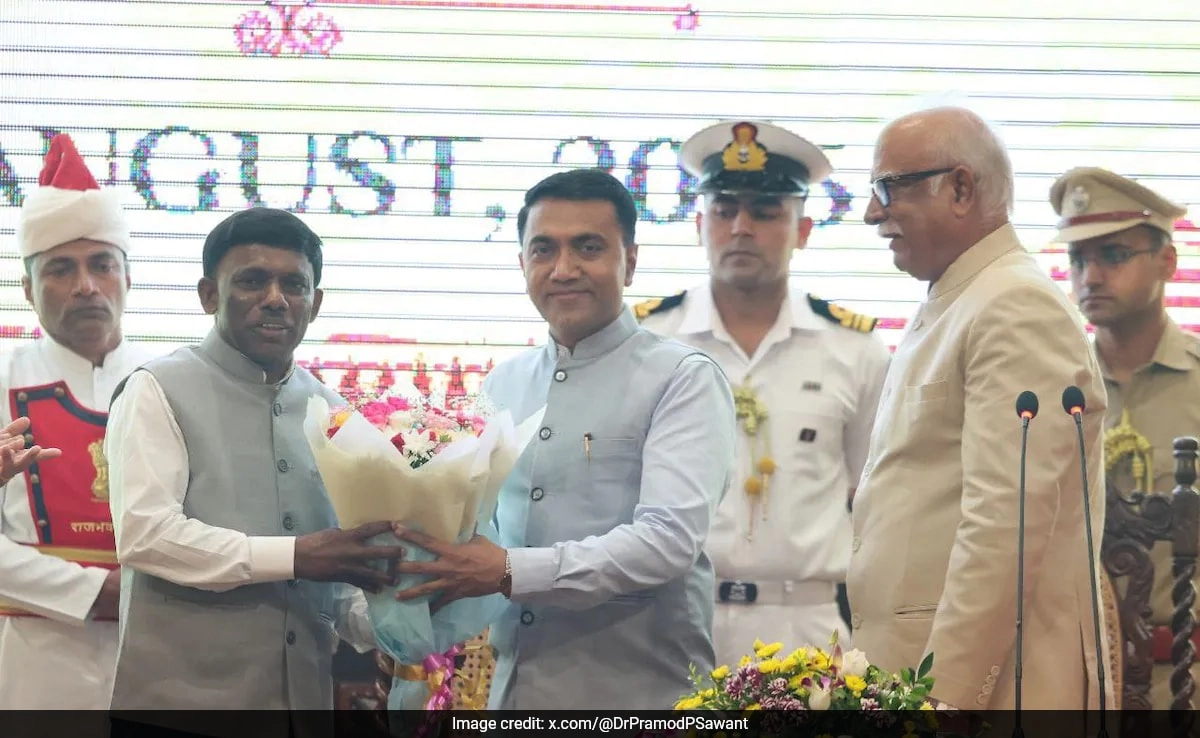In a significant political development in Goa, Ramesh Tawadkar, the current Speaker of the Goa Legislative Assembly, has stepped down from his position to join the state cabinet as a minister. This decision has sparked discussions about the implications for the state’s governance and the future of the assembly’s leadership. Tawadkar’s resignation as Speaker indicates a strategic shift within the political landscape of Goa, where the dynamics among various parties and their leaders continue to evolve. His transition from a legislative role to an executive position may also reflect the necessity for experienced leadership in the cabinet, especially as the state navigates various challenges.
Ramesh Tawadkar’s appointment as a minister is expected to bring a wealth of experience, given his extensive background in politics and public service. Having served as the Speaker of the Goa Assembly, Tawadkar has been instrumental in facilitating discussions and ensuring that legislative processes run smoothly. His advocacy for the interests of his constituents has been a hallmark of his political career, and his new role in the cabinet could enable him to further influence policy decisions that directly affect the people of Goa. The move is also seen as a strategic maneuver by the ruling party to consolidate power and enhance its governance structure.
The resignation has raised questions about who will take over as the new Speaker of the Goa Assembly. This change in leadership is crucial as the Speaker plays a pivotal role in maintaining order during legislative sessions and ensuring that the democratic processes are upheld. The selection of a new Speaker will be closely watched, as it could indicate the ruling party’s priorities and its approach to managing legislative affairs. As Goa continues to face various socio-economic issues, the leadership within the assembly and the cabinet will be critical in shaping effective governance and addressing the needs of the population.
Overall, Tawadkar’s resignation from the Speakership and subsequent induction into the state cabinet marks a noteworthy shift in Goa’s political scenario. It highlights the fluid nature of political roles and the ongoing adjustments that leaders must make in response to the evolving demands of governance. As the state prepares for this transition, stakeholders will be keenly observing the impact of this change on legislative efficiency and the broader political climate in Goa.




